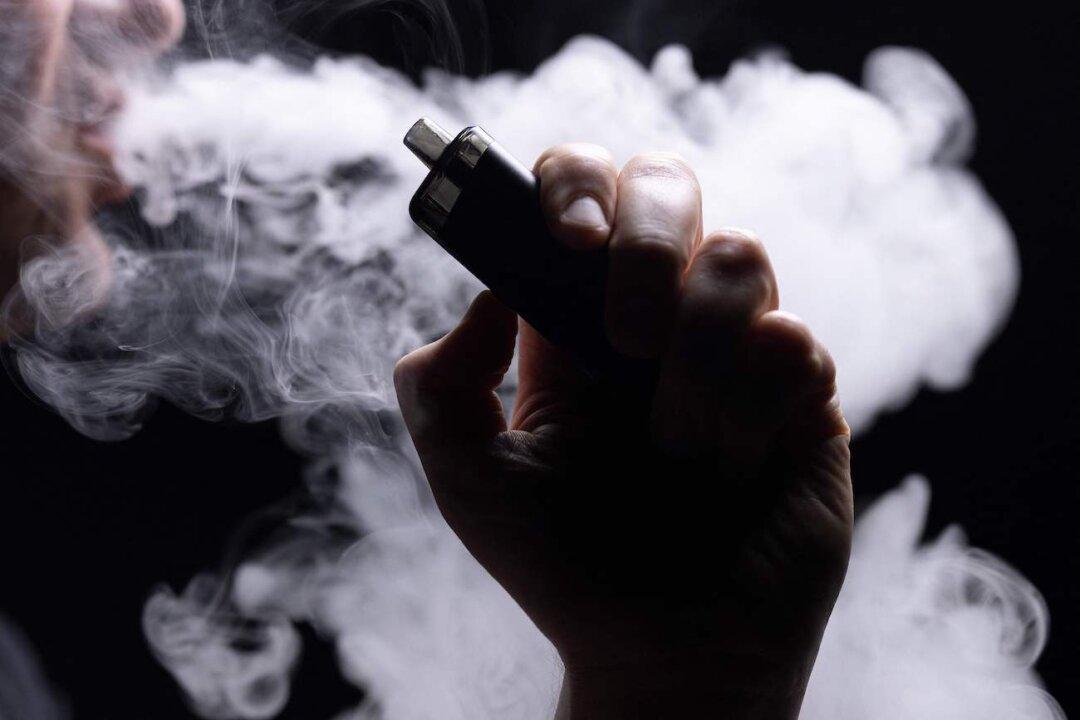A University of Sydney study has found that students who are depressed are twice as likely to vape compared to those without symptoms.
The study surveyed more than 5,000 year seven and eight students from 40 schools in New South Wales, Queensland, and Western Australia between May and October 2023, creating one of the largest datasets on adolescent vaping in Australia.





